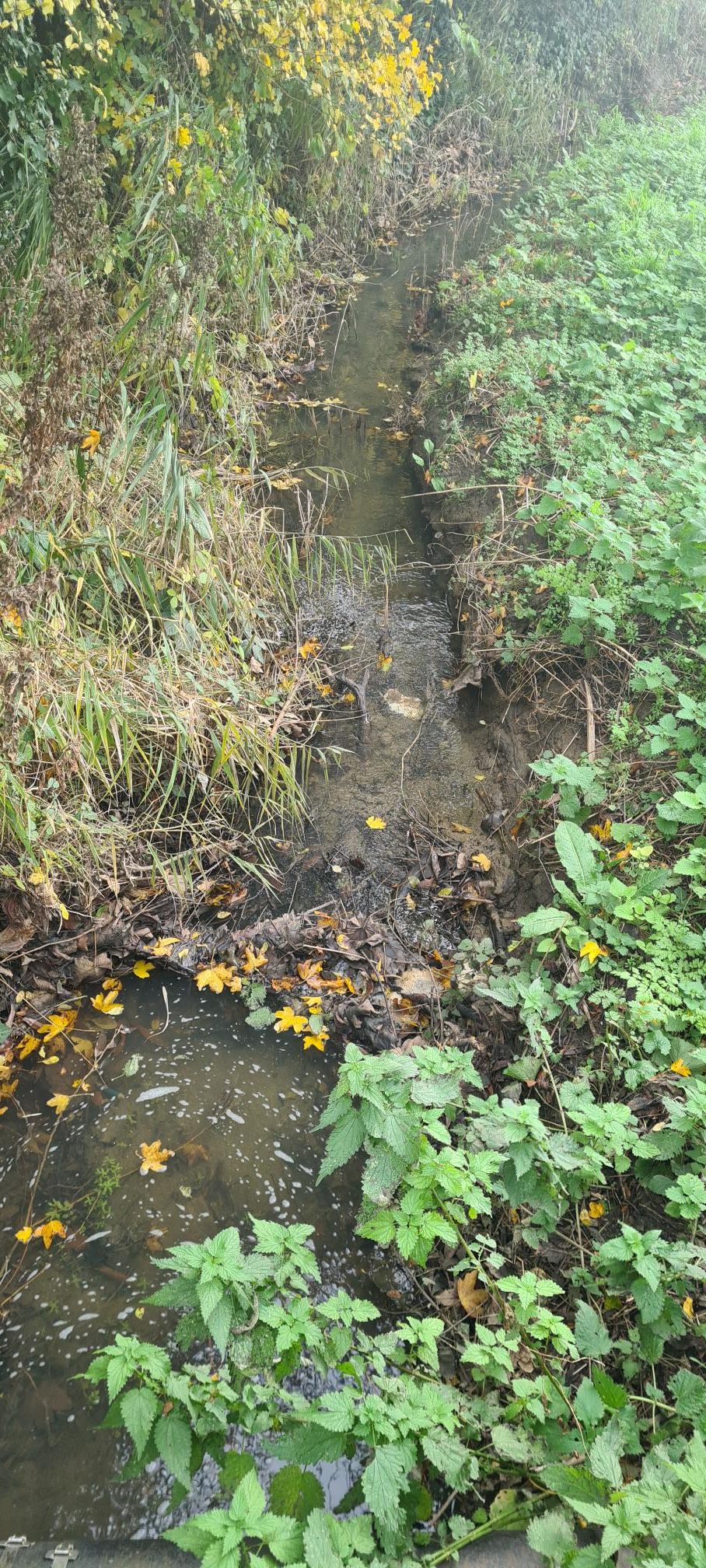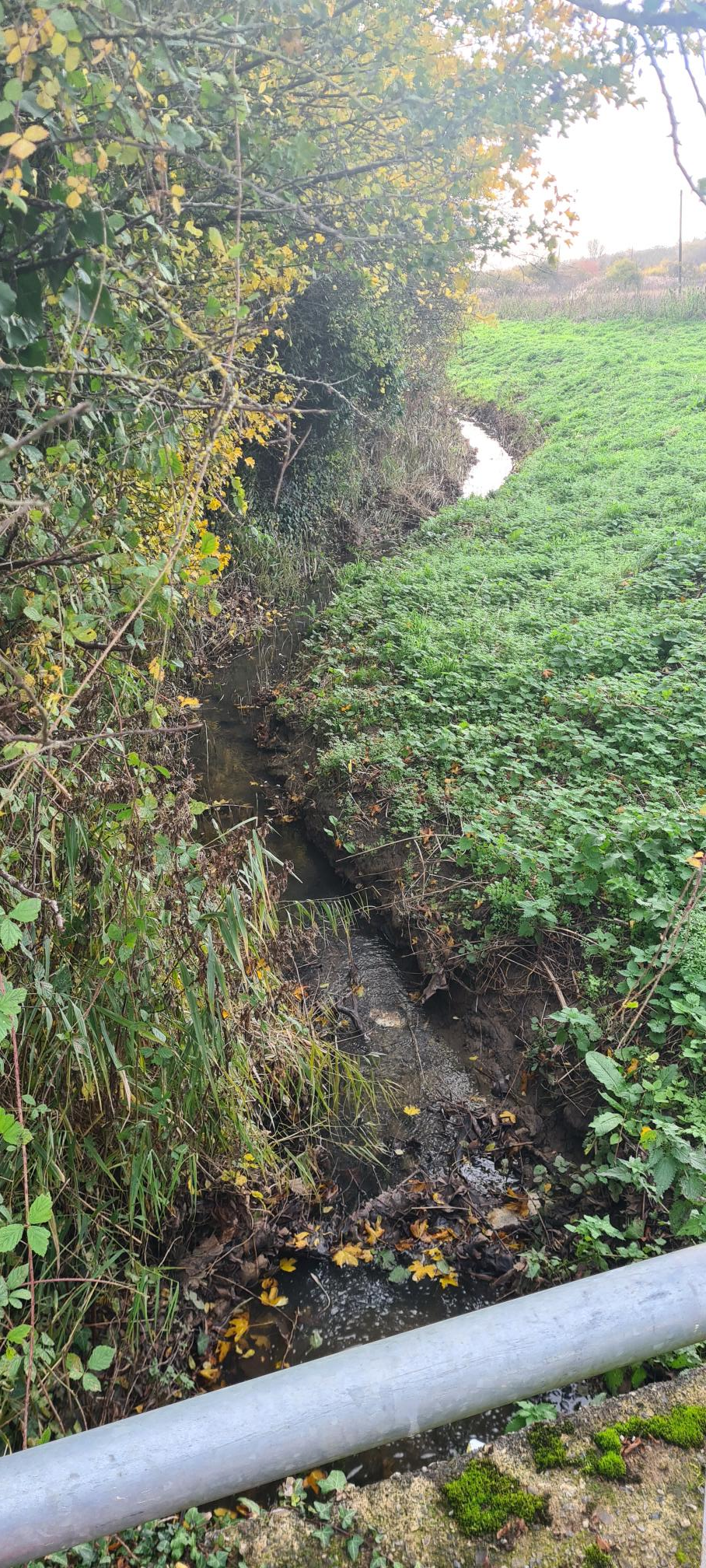River Wain Chalk Stream
Former Councillor Paul Thorpe has worked alongside the University of Greenwich to name and uncover an extremely rare chalk stream which runs from Chattenden Woods down through Upnor and into the River Medway. There are just over 200 in the world. England has 98% of them and the other 2% are found in France which shares our chalk-based geology. Chalk streams are recognised by the World Wide Fund for Nature (UK) as having high conservation value.
The stream rises from a spring in Chattenden Woods, flowing from the junction of the clay beds then flowing over the chalk bedrock through Islingham Farm under Four Elms Hill dual carriageway, adjacent west side of Upnor and finally into White Wall Creek.
The Parish Council has been looking at how it could increase its profile within the community and promote local interest vital for its preservation. Any further developments close to the stream could damage or even destroy this unique habitat. The Parish worked alongside University of Greenwich to survey the lower part of the river. The study formed part one of their student’s project for her degree course. The stream has not been subject to much conservation, only some removal of overgrowth when it has restricted its flow. Even this has damaged the riverbed and removed some of the environment that offers cover for small insect larvae which in turn would support larger animals and birds.
The Parish Council thought it would be worth investigating historical records to see if the stream had a name that was used in the past. The ordinance survey did not record such a name for the stream. There is mention of the stream throughout our local history dating back to Anglo Saxon times, but no name was found. The Parish Council spoke to several local people who grew up in the area including our local MP. There was a surprising response most local people said it was known as the River Wain. The Arethusa Venture centre when it was operating employed local people as its instructors and they regularly surveyed the stream and they too referred to it as the Wain.
The Parish Council contacted the Ordinance Survey and raised a query about the name of the stream. We had a very positive response and within a short time they agreed that they would document our local chalk stream on their maps as the River Wain.
The River Wain now has its own identity. It is also recognised as a chalk stream by Natural England and DEFRA and can now be included in the Local Plan regarding environmental conservation.
Natural England’s official chalk stream map – Chalk-Streams

